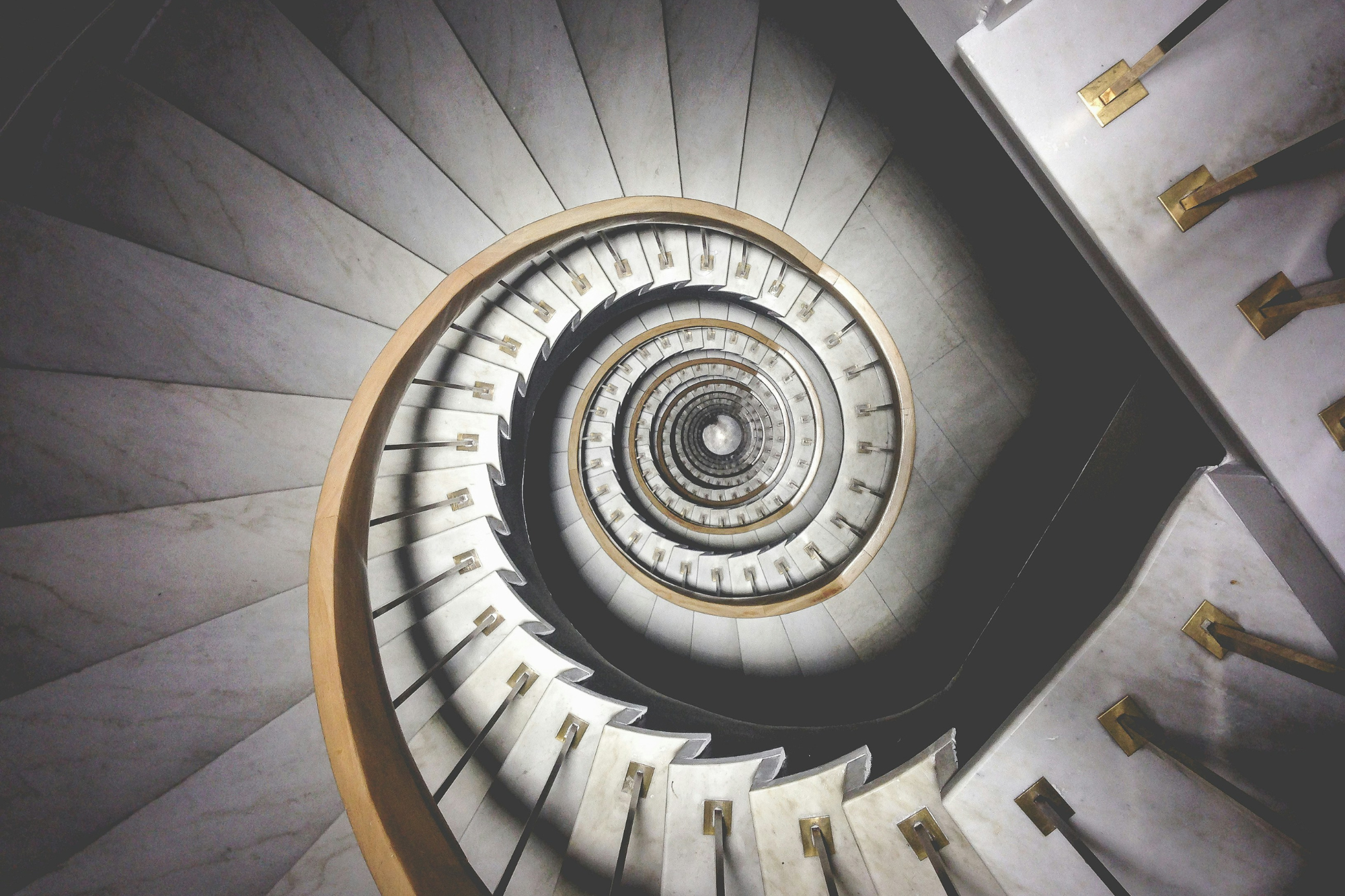

Type One - Personality Formation
-
Type One is called “The Reformer - The Rational, Idealistic Type.”
To understand the One as a “personality type” it is helpful to hold what we learn about Ones within their life story - the story of how the original sensitivity to goodness set the life course of the One from childhood. Even as the personality constricts and distorts through life’s difficulties, it retains the essential orientation to being good.
The Return Journey is the effort to reconnect to what was lost at birth - the lost essential quality that is imprinted on the soul.
There are nine of these stories, but they have in common this original “fall” and forgetting of our essence. This is a story of wounding and recovering - a mysterious pattern. We tend to be able to hold the personality type with much more understanding and compassion when we remember this story.
-
Born sensitive to perfection and goodness, the young One looks around their world and naturally sees a lot wrong.
But how can a child sensitive to perfection, to things being good, do anything about creating this in the world they are born into?
For every type on the Enneagram, it is important to understand that this is the original dilemma – we try to create or access a certain quality through the personality, and this is mission impossible.
Ones are good children, aware of what is correct behaviour and self-controlled. They may have been raised in a strict environment or somehow been rewarded for being well behaved. Ones usually describe feeling like young adults as children, taking responsibility from a young age. They may have been given responsibility beyond their years, such as looking after younger siblings. Ones will often say they didn’t play as children- they do not have memories of just playing or being allowed to play. The sensitivity to being good interacts with the environment so that the young One takes the usual childhood training about right and wrong, good behaviour and so on particularly to heart. They internalize high standards of behaviour from a young age and learn to control their impulses.
-
A person cannot create the essence they are sensitive to in the world. The essence already exists, and it is not the job of the person to create it - but we don’t understand this. Because we can’t create this essence at the level of personality, there is a twist or distortion that occurs.
The fundamental distortion of the One personality is that when they take on the job of creating goodness in the world, their personality becomes organized around critical judgment and control. To create goodness or to perfect/reform the world, the One must judge everything through the lens of right and wrong. This creates a focus on “error”, what is wrong, what is mistaken, and then a sense of responsibility to fix it. The weight of responsibility Ones take on can be intense. They feel they must control and improve their environment.
The next twist is that this distortion is turned inward against themselves- Ones feel flawed, that they are somehow at fault and must control themselves as well as their world. They don’t trust their instincts or impulses so create a rigid self-control, trying to be perfect.
This core painful feeling is reflected in the Unconscious Childhood Message: “It's not ok to make mistakes” - and in the Lost Childhood Message: “You are good.”
Ones have a tough Inner Critic and are incredibly hard on themselves. They feel as if their Inner Critic voice is the voice of authority or God, and they identify with this voice. The Inner Critic message for One is: “I’m good or ok if I do what is right.”
So, the personality becomes organized around the missing goodness in the world, the belief that it is the One’s job to fix this, and their sense of themselves as flawed – a structure based on judgement and control.
-
The One is "after” autonomy and tries to get it by being dutiful. How does this work? This is an indirect strategy based on being good and responsible. The One feels that if they do everything they are supposed to, “have all their ducks in a row,” then no one can criticize them, and they will be left alone. Autonomy exists in a future state when all responsibilities are fulfilled.
This is the inner tension of the One - they are wired around the need for autonomy, but they can only get it by complying with endless responsibilities. The One can’t directly go after autonomy, so they postpone or push their needs out of awareness. Then, as we will see, the drive for autonomy surfaces in distorted ways.
Another way of understanding this inner dynamic of the One is to recall that they are in the Instinctive or Gut Center of Intelligence with Anger underneath. To be good, the One must repress their instincts and control their anger. This creates a tension and rigidity in the One. Ones may not be aware of their anger, but they relate to the word “resentment” because they are so responsible and do more than their share. Not surprisingly, there is a sense of frustration that arises from trying to get autonomy by being dutiful.
The Chain Reaction for One
Soul is sensitive to perfection, goodness
Losing contact with essence, encountering what’s bad and wrong
Personality forms around attempt to create goodness in their world
Do this by being dutiful, responsible, fixing
Issues of being critical of self and others, feeling flawed
The Spiritual Path of the One
This is a brief preview of the One’s spiritual journey in life.
A personality structure based on intense responsibility, critical judgement and control explains why the return path of the One is to Wisdom and Serenity. Knowing what is their true responsibility, and what isn’t, and knowing there is nothing wrong with them, leads the One to Serenity.
This is the One in all of us, the part that must accept the errors of this world and the limits of our ability to fix what seems wrong, yet somehow remember that there is a perfection beyond our understanding.

The Serenity Prayer
God grant me the Serenity to accept the things I cannot change,
The courage to change the things I can, and
The wisdom to know the difference.








